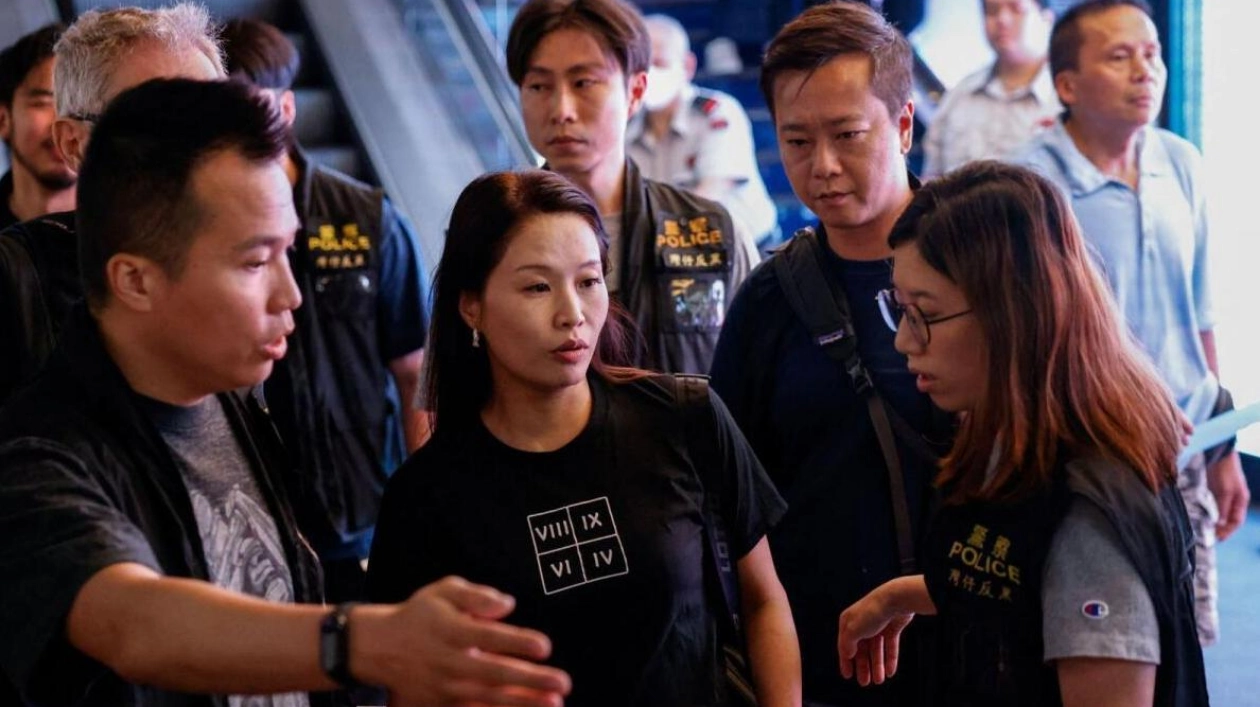A Hong Kong man on Thursday became the first individual to be sentenced to prison for sedition under the city's new national security law, specifically for wearing a T-shirt bearing a once-popular protest slogan.
Chief Magistrate Victor So sentenced Chu Kai-pong, 27, to 14 months in jail, applying the harsher sentencing guidelines established by the city's legislature in March.
"If the law does not intervene early and allows individual acts of sedition to occur, it will eventually lead to societal chaos once again," So stated in a written judgment.
Chu pleaded guilty to the charge of seditiously wearing a T-shirt displaying the protest slogan "Liberate Hong Kong, revolution of our times." This message, which was frequently chanted during the pro-democracy protests that shook Hong Kong in 2019, had previously been deemed capable of inciting secession in a separate national security case.
Chu was apprehended on June 12 at a subway station while wearing the shirt and a yellow mask printed with FDNOL, an abbreviation for another popular 2019 slogan, "five demands, not one less." This date marked the fifth anniversary of one of the initial significant actions in the protests.
"The defendant chose a symbolic day to incite others to commemorate the unrest and attempt to revive the idea of the unrest, posing a significant risk to social order, and the circumstances are not minor," So noted.
Chu informed the police that the slogan "Liberate Hong Kong, revolution of our times" advocated for Hong Kong's return to British rule and that he wore it to remind people of the protests. Chu's attorney, Steven Kwan, argued on Monday that there was no evidence that people were influenced or incited by the slogan during the 25 minutes Chu wore the T-shirt in public.
Beijing implemented a national security law in 2020 to address the months-long protests in the financial hub. In March 2024, Hong Kong enacted a second new security law. Under this new legislation, the maximum penalty for sedition has been increased from two years to up to seven years in prison, and up to 10 years if "collusion with foreign forces" is involved.
Critics, including Western governments, have expressed concerns that the vaguely defined provisions could be used to suppress dissent, but Hong Kong and Chinese officials maintain that the law is necessary to close loopholes and ensure stability.






